The Hidden Link Between Sleep and Your Smile
You brush, you floss, and you visit the dentist regularly. But what if the biggest threat to your dental health happens while you’re fast asleep? Many people are surprised to learn that a common sleep disorder, sleep apnea, has a profound and often destructive impact on teeth and gums. Here at Lima Dental Group, your trusted Miami Lakes dentist, we often see the oral evidence of sleep apnea before patients are even aware they have the condition. Understanding this connection is the first step toward protecting both your smile and your overall health.
Sleep apnea is more than just loud snoring; it’s a condition where your breathing repeatedly stops and starts throughout the night. This disruption forces your body into a state of stress, leading to a cascade of issues that directly affect your mouth. Let’s explore the ways this sleep disorder can silently sabotage your oral health and why your dentist might be the first person to spot the warning signs.
How Sleep Apnea Wreaks Havoc on Your Teeth
When your airway becomes obstructed during sleep, your body’s natural reaction is to do whatever it takes to reopen it. This can trigger several involuntary actions and physiological changes that have serious consequences for your dental well-being.
1. Chronic Teeth Grinding (Bruxism)
One of the most common and destructive consequences is bruxism, or the clenching and grinding of teeth. As your body struggles to breathe, your jaw muscles may tighten and grind your teeth together to try and open the airway. This immense pressure can lead to:
Many patients with obstructive sleep apnea (OSA) also experience bruxism, creating a powerful combination that accelerates dental damage. Source: The Sleep Foundation
2. Dry Mouth (Xerostomia) and Its Complications
Individuals with sleep apnea often resort to mouth breathing during the night to get enough air. While it seems harmless, breathing through your mouth for hours on end drastically reduces saliva flow, leading to a condition called xerostomia, or chronic dry mouth.
Saliva is your mouth’s first line of defense. It neutralizes acids, washes away food particles, and contains enzymes that fight cavity-causing bacteria. Without enough saliva, you become highly susceptible to:
— Quote: "A dental examination is often the first place where the tell-tale signs of sleep apnea are discovered, bridging the gap between oral health and overall wellness." — Journal of Dental Sleep Medicine
Your Dentist: An Unlikely Hero in Sleep Apnea Detection
Because many people see their dentist more regularly than their primary care physician, we are in a unique position to identify the early warning signs of sleep apnea. During a routine dental exam and cleaning, we aren't just looking for cavities; we are assessing your entire oral system. When we see a pattern of specific symptoms, it raises a red flag.
What We Look For During Your Check-Up
At Lima Dental Group, our experienced team is trained to spot the subtle clues that may point to a sleep breathing disorder. These signs include:
If we notice these indicators, we will discuss our findings with you and recommend that you consult with your doctor or a sleep specialist. A formal sleep study is necessary to diagnose sleep apnea definitively. Think of your dentist as a key partner in your overall health network, helping you connect the dots between your oral health and potential underlying medical conditions.
Protecting Your Smile: Treatment Options
If you are diagnosed with sleep apnea, treating the condition is paramount for both your long-term health and your dental health. The primary goal of treatment is to keep your airway open while you sleep.
Common treatments include:
Even if it turns out you don't have sleep apnea but still grind your teeth, a custom-fitted night guard is essential. A night guard won't stop the grinding, but it acts as a protective barrier, absorbing the force and preventing your teeth from wearing against each other. Investing in a professional night guard is far more affordable than restoring damaged teeth with crowns, veneers, or implants.
Take the First Step to a Healthier Smile and a Better Night's Sleep
Waking up tired every day, struggling with morning headaches, or noticing that your teeth are becoming more sensitive are not things you have to live with. These could be signs that your sleep is affecting your smile. Don't ignore the clues your body is giving you. Protecting your teeth is about more than just home care—it's about understanding all the factors that impact your oral health.
If you have noticed any of the symptoms discussed here or are concerned about teeth grinding, we encourage you to schedule a consultation. Let the expert team at Lima Dental Group assess your oral health and help you take the necessary steps to protect your smile for years to come.
Protect your teeth from the silent threat of sleep apnea. Contact Lima Dental Group in Miami Lakes today to schedule your comprehensive dental examination!

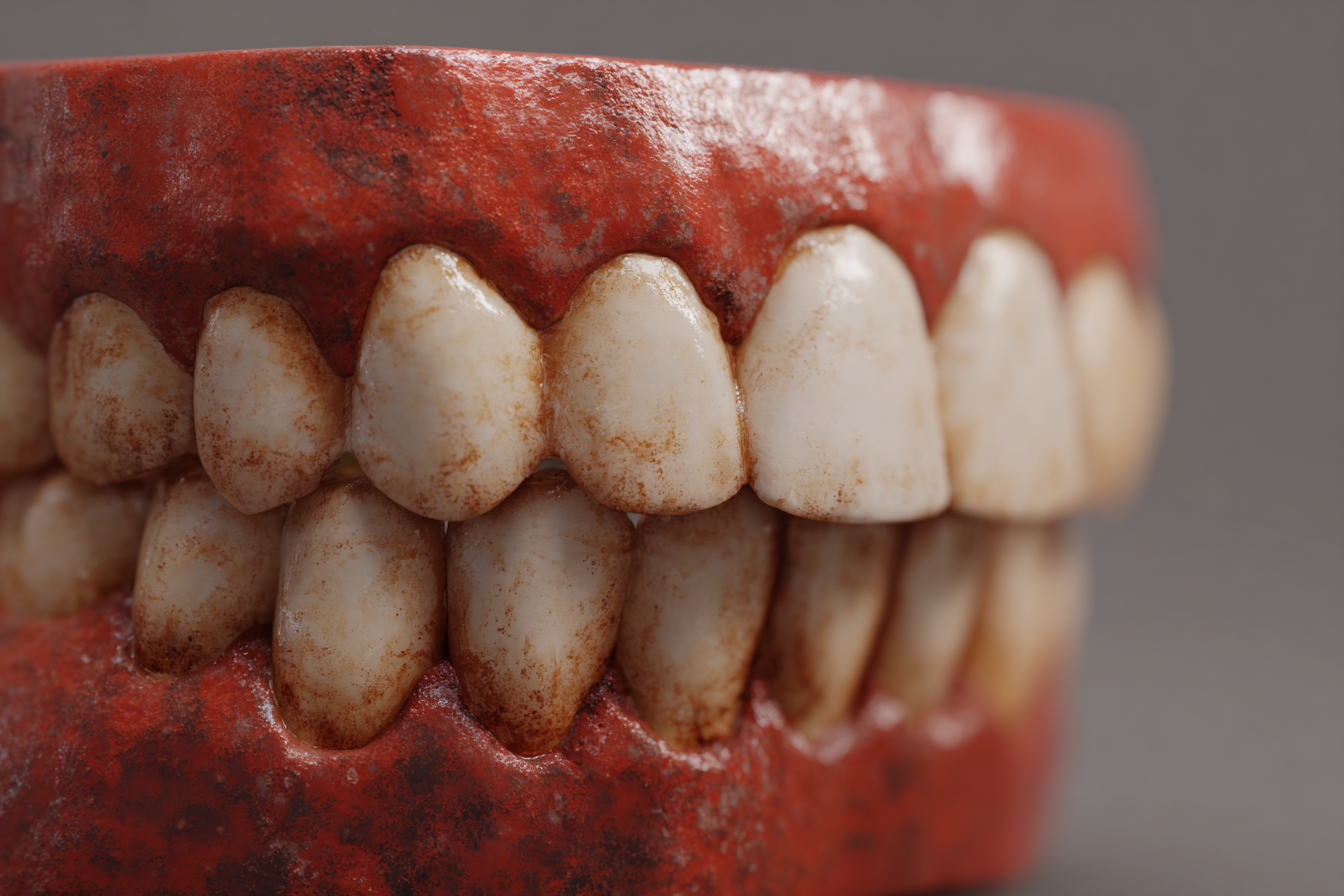
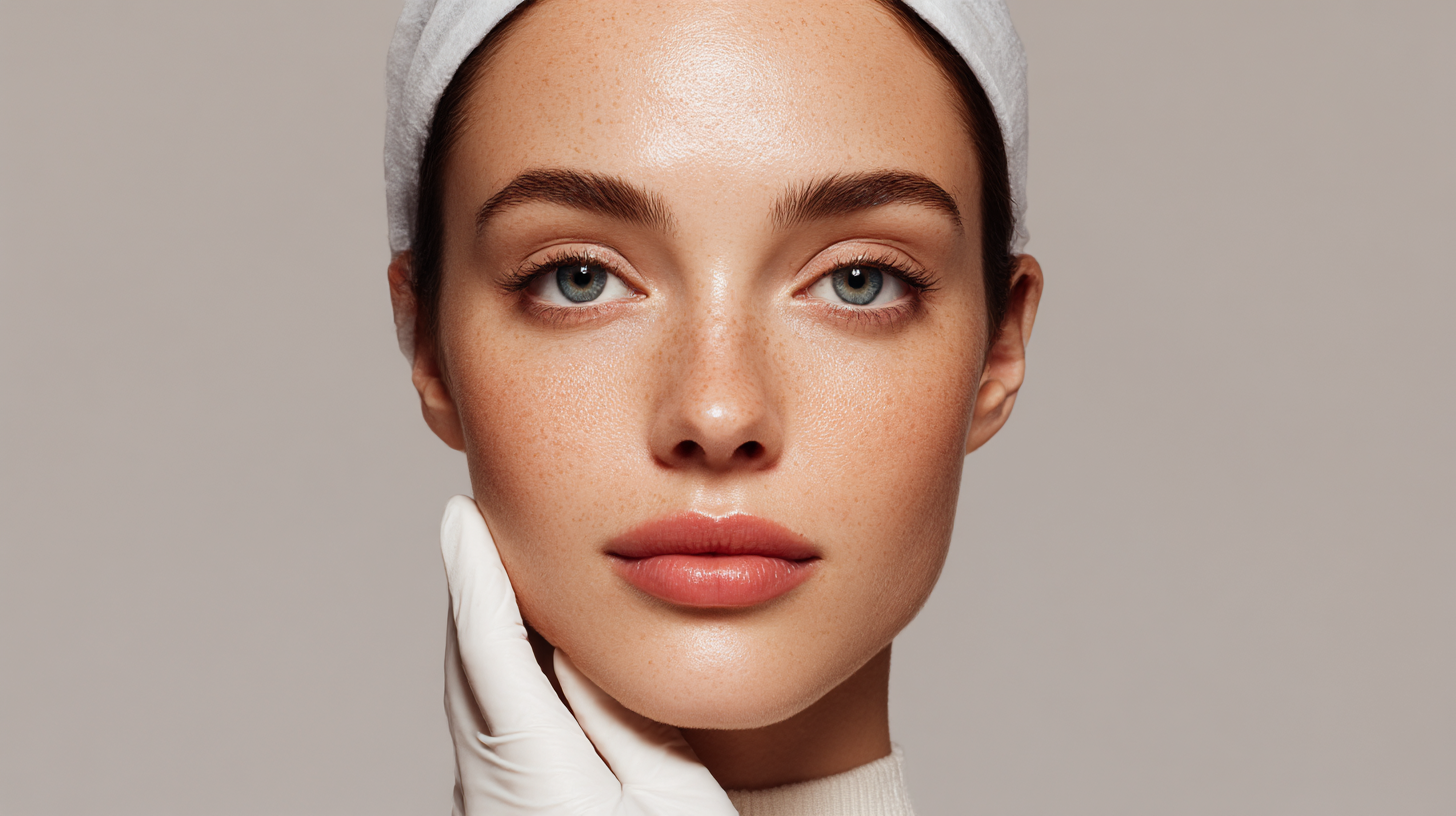
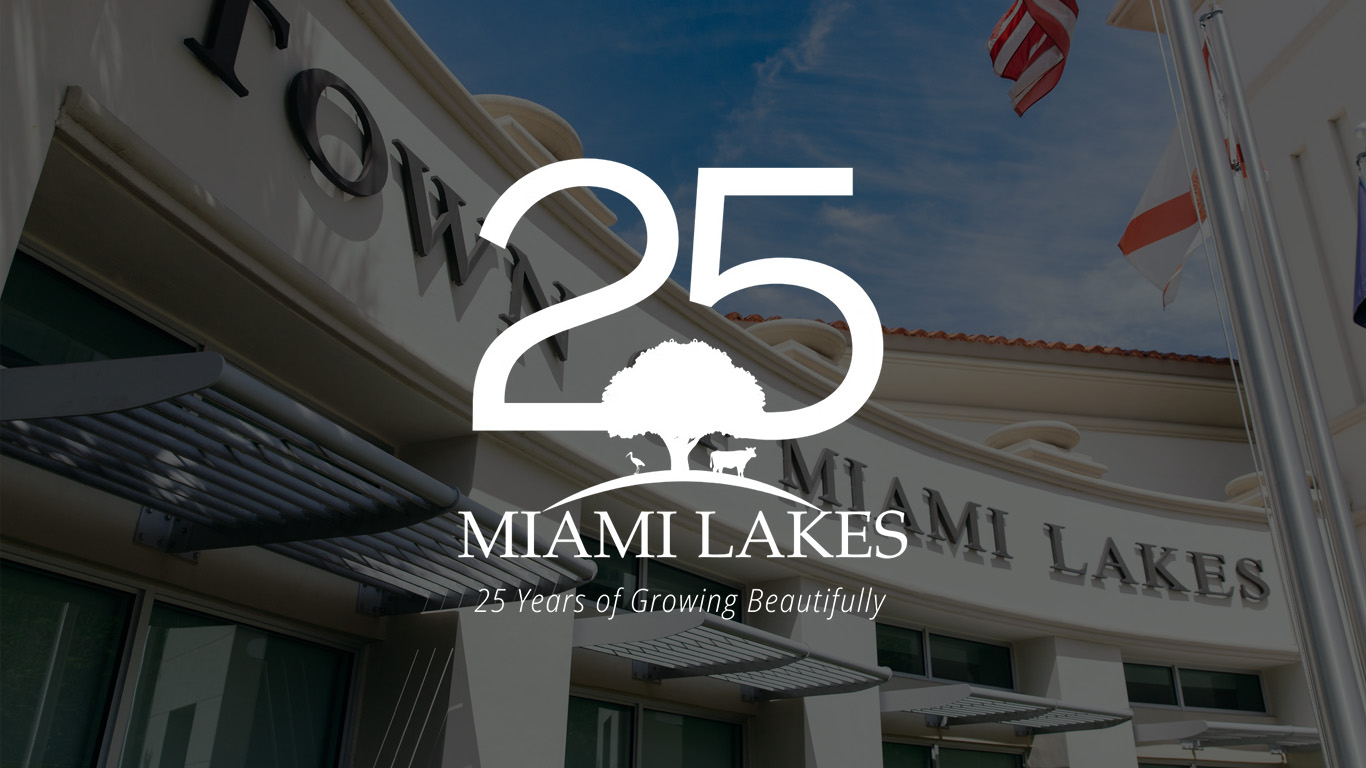
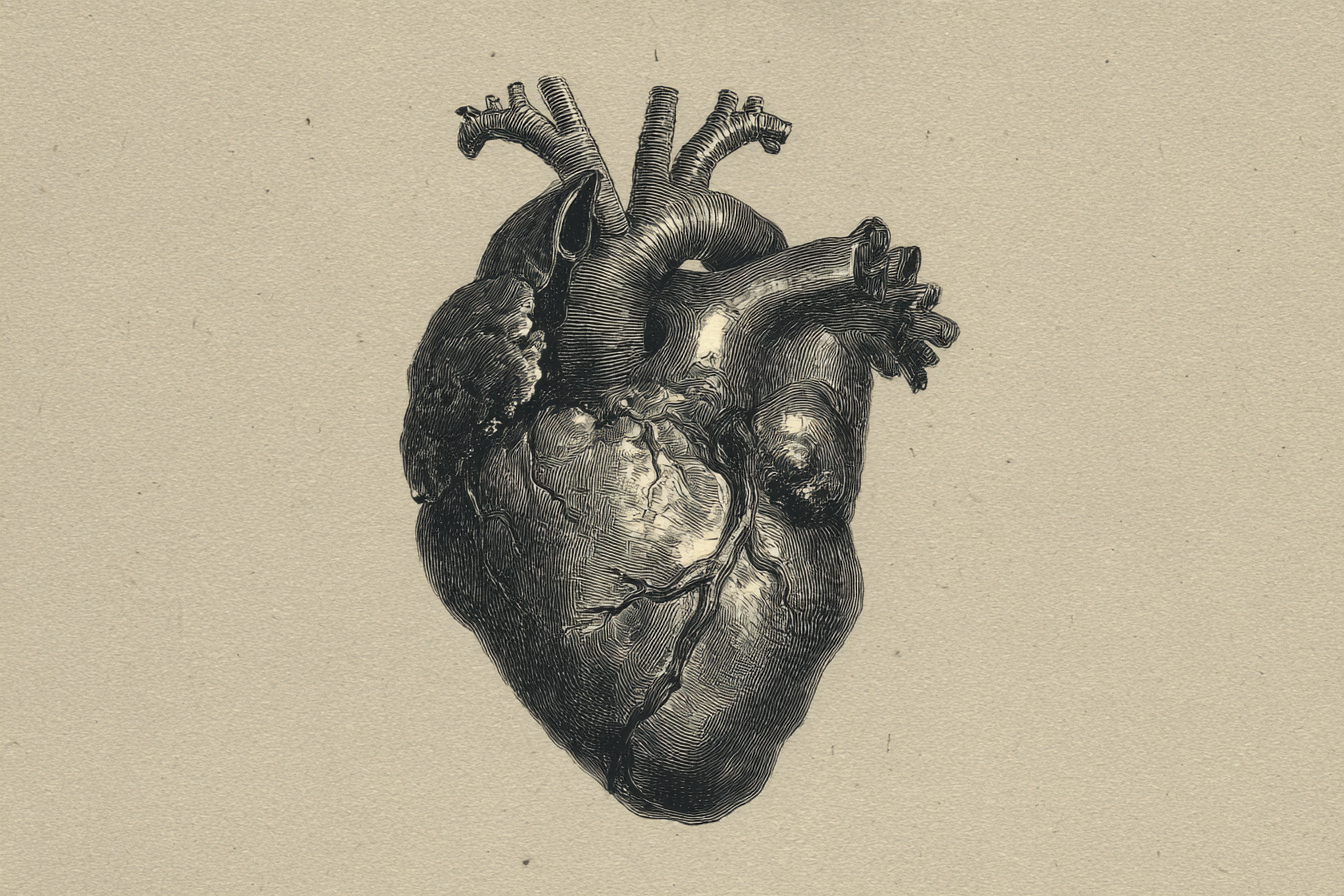
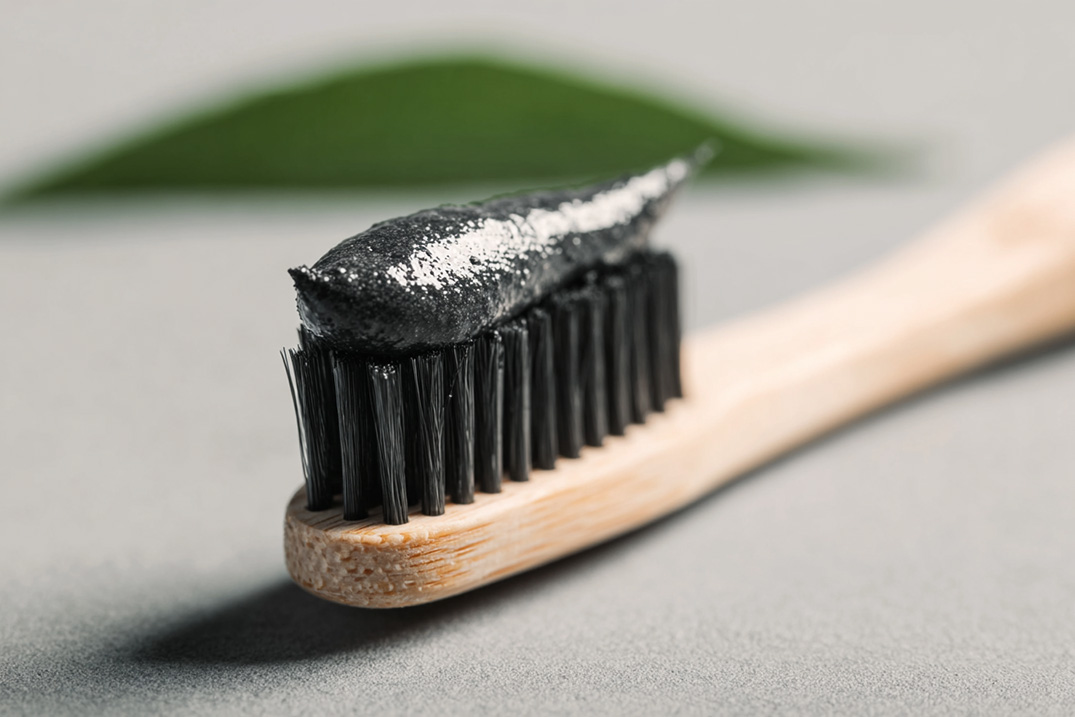
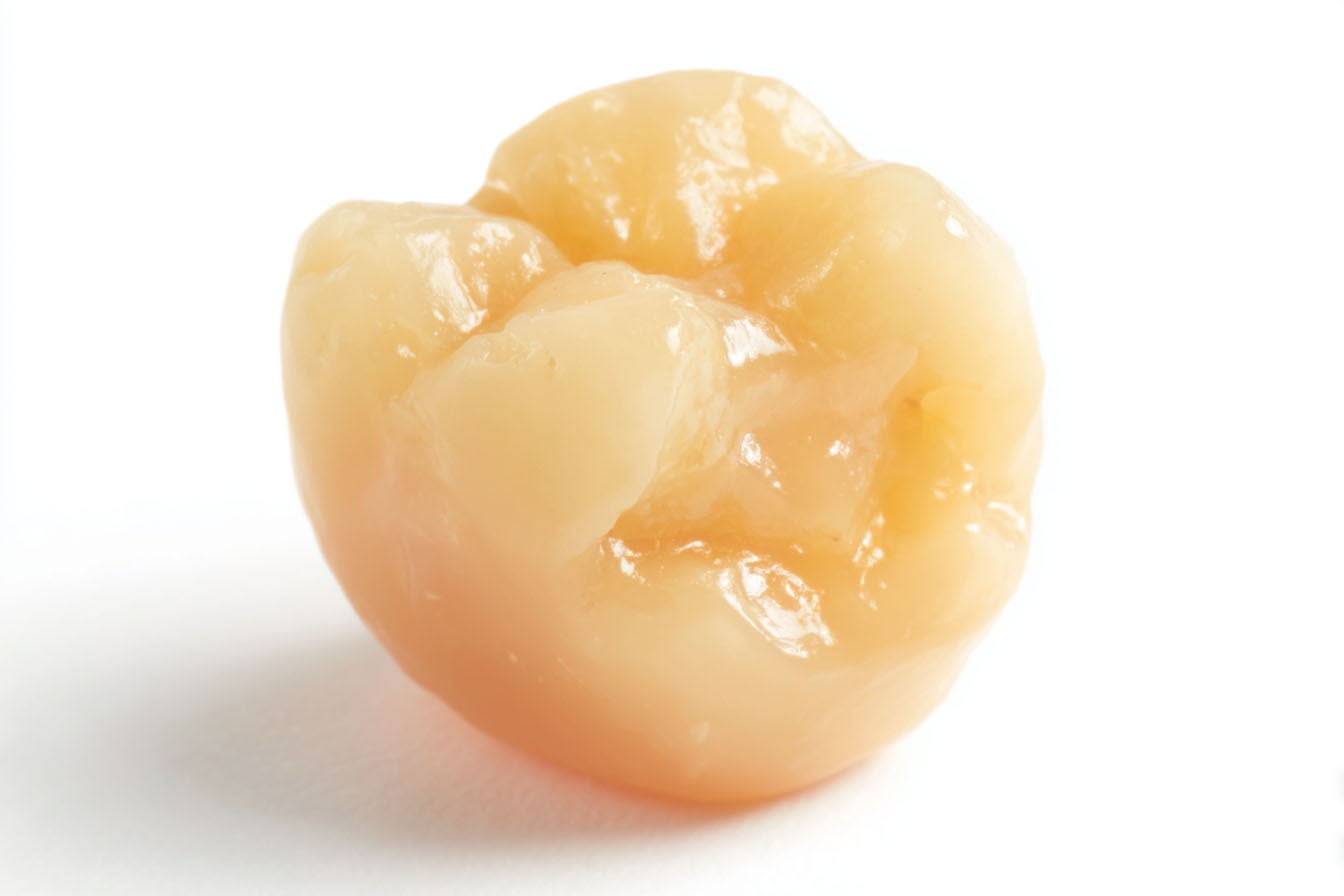
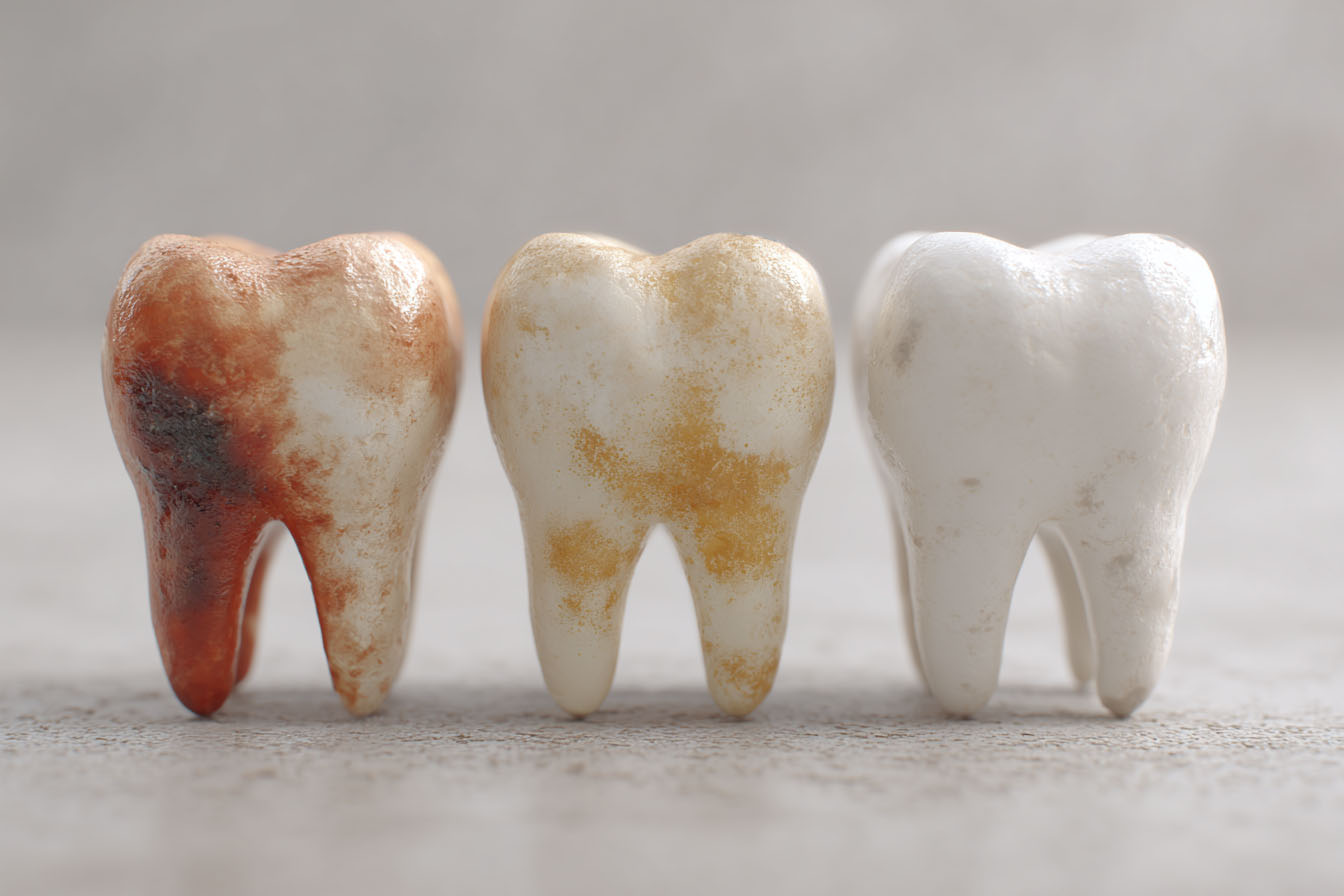

.png)



